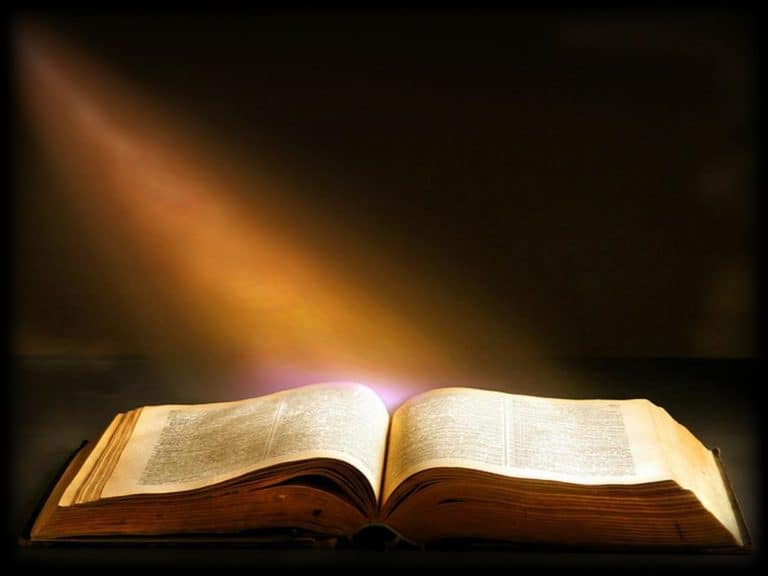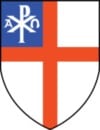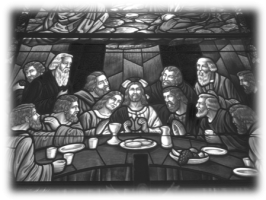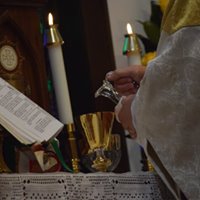Musical notes for this Sunday – Septuagesima Feb. 17 2019
Prelude
Prelude and Fugue in E minor J. S. Bach
Introit
(Psalm 116:3) The sorrows of death compassed me: the sorrows of hell compassed me about. (Psalm 18:6) In my distress, I called upon the Lord: and He heard my voice out of His temple. (Psalm 18:1-2) I will love Thee, O Lord, my Strength: the Lord is my Rock and my Fortress.
Offertory
(Psalm 92:1) It is a good thing to give thanks unto the Lord: and to sing praises unto Thy Name, O Most High.
Elevations in G Dom Paul Benoit
Postlude
Musette Marius Monnikendam
Today is the beginning of a 17-day period of preparation for the season of Lent (that will begin on Ash Wednesday), a tradition that goes back to the late 6th century. The Alleluia and the Gloria in Excelsis are omitted until Maundy Thursday during Holy Week. The names that are given to each of these three Sundays are Latin words representing the number of days prior to Easter. The term for this Sunday is Septuagesima (the Latin word for the number 70), approximately 70 days before Easter.
Johann Sebastian Bach (1685-1750), organist/composer in Saxony in central Germany, wrote many pieces for organ and harpsichord in the form of a prelude in an improvisatory style based on a motive (small structural unit) and a fugue that has a theme imitated at various pitch levels.
Dom Paul Benoit (1893-1979) was an organist, composer, and Roman Catholic priest, who lived as a member of the Benedictine community at the Abbey of St. Maurice and St. Maur, at Clervaux in Luxembourg. His elevations for the Eucharist are inspired by Gregorian chant and provide an aural impression for what other human senses are experiencing during the Mass.
Marius Monnikendam (1896-1977), a Dutch composer of sacred and secular works, wrote a series of short inventions for organ. A musette is a French Baroque instrument that is a samller member of the bagpipe family.







